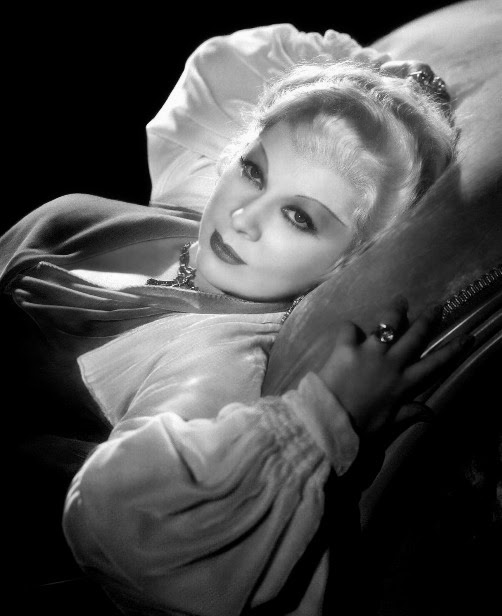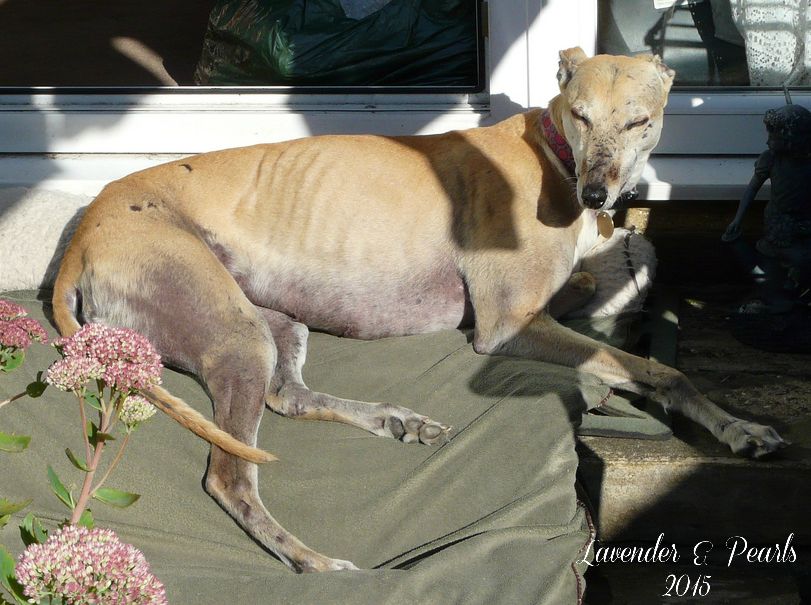 |
Captain Jack Smith, 1897
(image from the collection of Mr Christopher Long,
resident of Groatie Bay)
In about 1900, Captain Jack Smith retired from a life at sea with the merchant navy and bought a small plot of land in Groatie Bay. He was not a native of Groatie Bay, nor even from Scotland. From his accent it was clear that he was from "down south", but neither his small circle of friends nor his neighbours could ever discover from whence he originally came. He was extremely reluctant to discuss his past life beyond the fact that only a few months after he was married, he returned home from a long voyage to the terrible news that his pretty young wife had died unexpectedly on that very morning. She had been pregnant and complications had set in, causing their child to be stillborn, and she passed away during the traumatic birth. He did not elaborate further; it was plain that his grief had never left him and the subject was never raised again. The folk that came to know him best surmised that the death of his wife was perhaps the reason why he had decided to move so far north upon his retirement. |
 |
photograph of Captain Smith's beloved wife, inscribed on the back
"Flora, my beautiful wife and beloved angel
24th April 1885"
(image from the collection of Mr Christopher Long,
resident of Groatie Bay) |
The photograph above was found tucked into Captain Smith's bible, on his bedside cabinet, following his death in 1912. Flora was indeed a most beautiful young woman.
 |
Bob
(image from the collection of Mr Christopher Long,
resident of Groatie Bay) |
 |
Jim and Dolly
(image from the collection of Mr Christopher Long,
resident of Groatie Bay)
The only other photographs found in Captain Smith's personal effects were of his three dogs: Bob, Jim and Dolly. There were no other personal mementoes whatsoever, not even any letters other than business correspondence. He had completely cut himself off from whatever family, friends or even work colleagues he may have had prior to settling in Groatie Bay. He was a proverbial "man of mystery" to the townsfolk but they respected his wishes and never pressed him for his life story.
As already mentioned, the Captain had only a handful of what could loosely be termed close friends, and many folk were rather in awe of him. However, beneath his stern countenance and gruff manner, he was extremely kind-hearted. He helped many townsfolk who came upon hard times with little acts of kindness. He was a lifelong benefactor of both the local school and the cottage hospital, and left generous bequests to both institutions in his will.
And now we come to the tale of what came to be known by the townsfolk as "Captain Jack's folly". The Captain had a fascination with life during the Tudor era, and was especially keen on the architecture of that period. Now, it has to be said that Groatie Bay does not boast any houses from that particular time. Indeed the first known "house" (which was in actual fact an inn) wasn't built until very near the end of the Tudor period, in about 1590. Nevertheless, Captain Smith was determined that he would live in a Tudor house ~ in style, at least! There was also another tricky little issue that the Captain soon came up against ~ namely the distinct lack of trees on the island where Groatie Bay is situated. This was quite a stumbling block since his passion was for the black and white style of Tudor architecture, which were mostly built with a timber framework. He eventually decided that the best way to get around the problem was to have a stone house built, to which he could then add the familiar timber beams as a facade. It could be said ~ and indeed was by many of the townsfolk ~ that Captain Smith was a tad on the eccentric side!
Over the course of the next ten years or so, Captain Smith built his house. He worked on it mostly by himself, with only occasional help from local builders. He worked in all kinds of weather, rain or shine, which perhaps wasn't really suitable for a man in his late 60s/early 70s. He was very poorly two or three times during the building of his house but he struggled on. He became obsessed with finishing it, referring to it as "Angel's House", Angel being the pet name he had called his beloved wife so many years before. Finally it was completed and the Captain moved in, albeit only living in the two downstairs rooms; the remaining rooms were destined never to be finished.
Alas, fate decreed that he would not long enjoy the fruits of his labours and Captain Smith passed away on the 17th January 1912, only six months after moving into the house he had become so obsessed with. He left instructions in his will that his body was to be sent to the mainland to be cremated, and his ashes were to be scattered in the grounds of Angel House.
The house was left in trust to Groatie Bay town council, with the proviso that it was to be held unoccupied for 50 years. If none of the Captain's relatives came forward during that time, then the council was to use the house for the benefit of the people of the town. It was stipulated in his will that the house and land it was standing on was never to be sold, demolished or drastically altered in any way.
It was a somewhat strange bequest but the town council accepted it with due solemnity, and Angel House stood empty until 1962. After that time, the house was periodically put to an assortment of uses including emergency accommodation for folk who suddenly found themselves homeless and temporary council offices when the building the offices were in was damaged by serious flooding. However, after the late 1970s, it was used simply for storage until finally it stood empty once again.
to be continued...
|






No comments:
Post a Comment